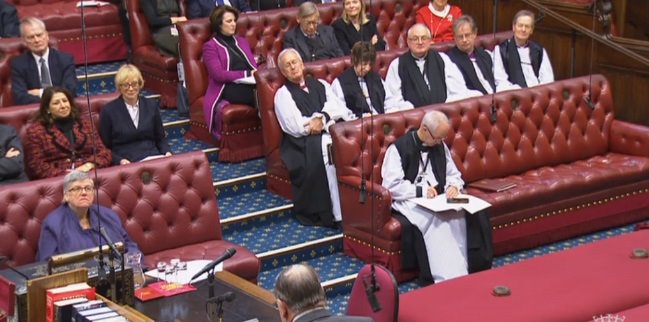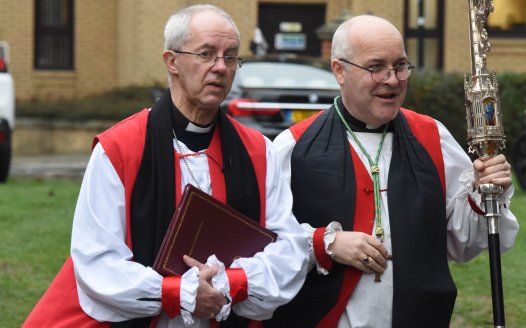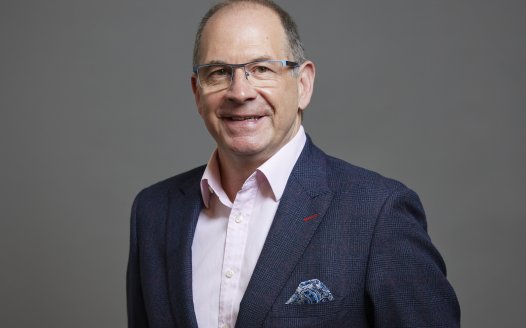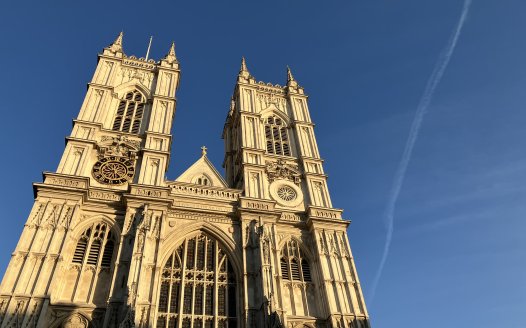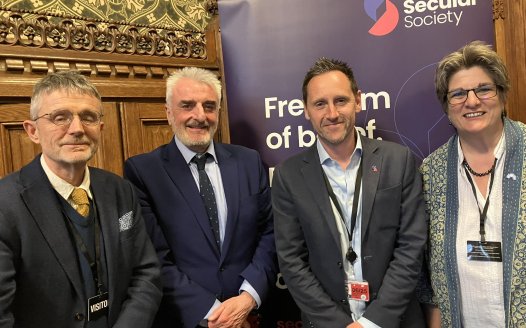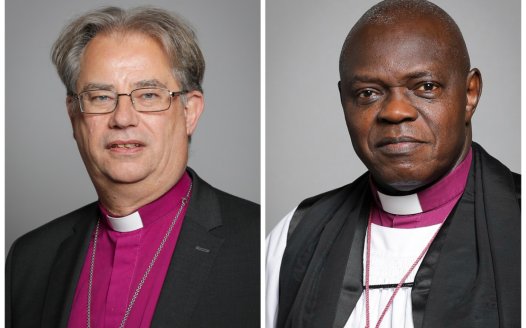Bishops’ place in Lords must be reviewed, say MPs
Posted: Mon, 19th Nov 2018
A committee of MPs has said proposals to cut the size of the House of Lords should prompt a reduction in the number of bishops who sit there by right.
A report by the public administration and constitutional affairs committee (PACAC), published on Monday, has echoed concerns about proposed Lords reform which the National Secular Society raised in 2017.
The report said a reduction in the size of the Lords would only be a "temporary expedient" if the numbers of bishops and hereditary peers were not also reduced.
The report was a response to a report published last year by the lord speaker's committee on the size of the house (also known as the Burns committee). The Burns committee's report recommended a series of steps to reduce the size of the Lords without using legislation.
At the time the NSS pointed out that this would increase the voting power of the Lords spiritual, whose position can only be changed through primary legislation. The Lords spiritual are 26 Church of England bishops who assume their places in the house automatically.
PACAC's report welcomed the idea of reducing the size of the Lords but said doing so would "not remove the pressure" for legislative reform.
"While we recommend the non-legislative proposals set out in the Burns report as an achievable next step for addressing the problem of the size of the house, the task of reforming the second chamber of the UK parliament must not be put on hold until the issue of the size of the House of Lords is 'solved'.
"This small incremental reform should not halt the pursuit of more radical reform to the second chamber."
The Burns recommendations would reduce the number of appointed and hereditary members of the Lords to 574, meaning there would be 600 peers in total. PACAC said this would mean almost 20% of the Lords would be bishops or hereditary peers. It warned that such a situation would "not be representative of the diversity of the modern United Kingdom".
PACAC said Lord Burns, who chaired the committee bearing his own name, had told its hearings it was "quite important not to get involved" with the issue of the bishops. He said the issues were "extremely difficult and would simply lead to the postponement of any plans".
NSS chief executive Stephen Evans welcomed PACAC's report and said any proposals for Lords reform "must consider the fact Church of England bishops sit in the UK legislature as of right".
"Reducing the size of the Lords without legislation would be a cop-out. It's heartening to see this committee echoing our concerns that it would increase the bishops' unjustifiable voting power.
"The bishops' automatic right to sit in the Lords privileges Anglicanism and helps to reinforce the harmful myth that the C of E provides the UK's moral leadership.
"It is a privilege which sits uneasily in the 21st century and is contrary to the aspiration for a more representative and equitable parliament, which makes laws to benefit all of the UK's citizens. It is a privilege that should be revoked sooner rather than later."
The NSS campaigns for the removal of bishops' automatic right to sit in the Lords.
After the NSS criticised his committee's recommendations last year Lord Burns said the committee favoured a reduction but the issue should be tackled "at a later point". He said mentioning it in his report would have been "a distraction".
In response the NSS said he had failed to explain his reasoning, adding that a debate on the bishops' place in the Lords was "long overdue".
In September the government's faith minister called for representatives of other religions to be given seats as of right in the House of Lords. The NSS criticised the proposal.
In response to the latest report Mr Evans reiterated the NSS's view that the practice of giving clerics automatic seats in the legislature should be abolished entirely.
"The state should treat all citizens equally as individuals rather than as members of faith communities to be spoken for, often by unrepresentative 'community leaders'."
While you're here
Our news and opinion content is an important part of our campaigns work. Many articles involve a lot of research by our campaigns team. If you value this output, please consider supporting us today.

